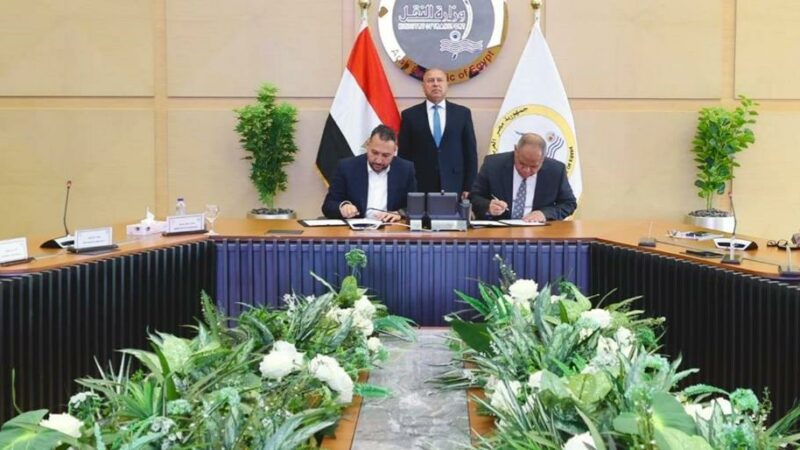MCDF Grant to Enhance Trade Transit Facilitation in Africa

The MCDF grant will support information and knowledge sharing to help governments and stakeholders tackle trade transit and customs cooperation bottlenecks hindering cross-border trade flows in Africa, contributing to greater connectivity among African countries. The focus will be on addressing regulatory and skills gaps and inefficiencies at borders through data collection and a trade facilitation study.
MCDF-supported activities will also include training to build the capacity of regional economic communities to implement trade transit reforms. This includes the development of cross-border trade and transit procedures, and customs cooperation to increase efficiency in trade connectivity on the continent.
Target participants will convene regional economic communities in West Africa, along the Abidjan-Lagos Corridor covering Côte d’Ivoire, Ghana, Togo, Benin, and Nigeria, and in Southern Africa, along the Nacala Corridor covering Zambia, Malawi, and Mozambique.
The project is expected to deliver benchmark trade facilitation indicators for research and investment purposes, progress toward harmonized transit policies and lower trade transaction costs across economic corridors, and a robust trade facilitation project pipeline.
“Trade connectivity and freedom of transit for most landlocked developing countries in Africa is a major impediment to boosting intra-Africa trade,” said Ms. Dorsaf Zangar Labidi, Manager of the Industrial Development, Trade, and Investment Climate Division at AfDB.
“The African Development Bank has prioritized research on critical transit issues to identify areas of potential intervention to support African Continental Free Trade Area implementation that is projected to increase trade by USD450 billion by 2035, raise average incomes by 7%, and lift 30 million people out of poverty,” Zangar Labidi concluded.





